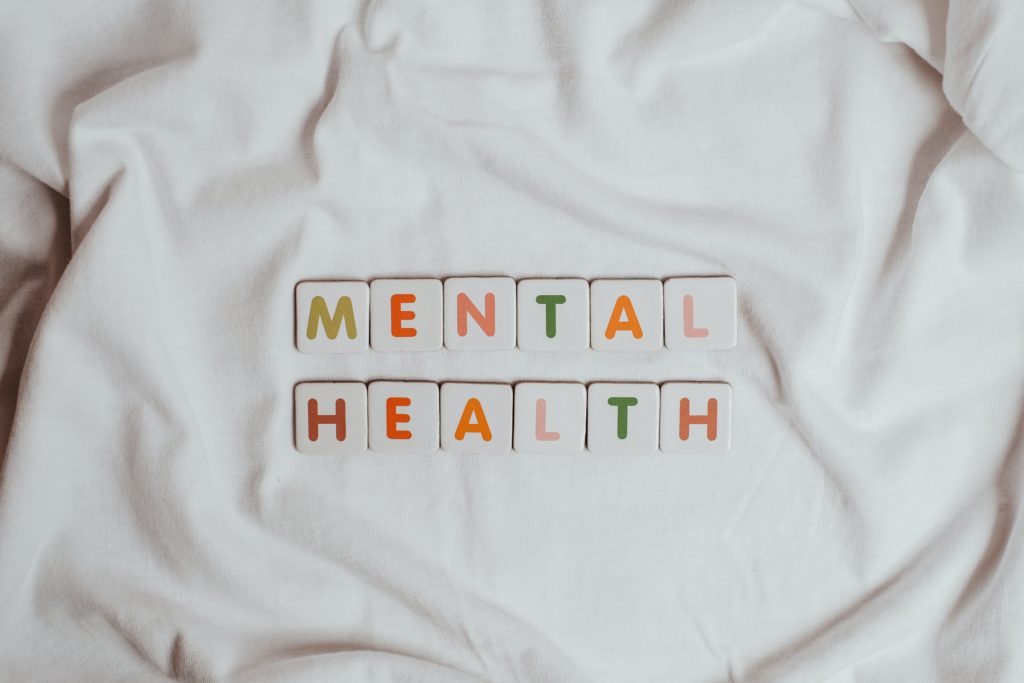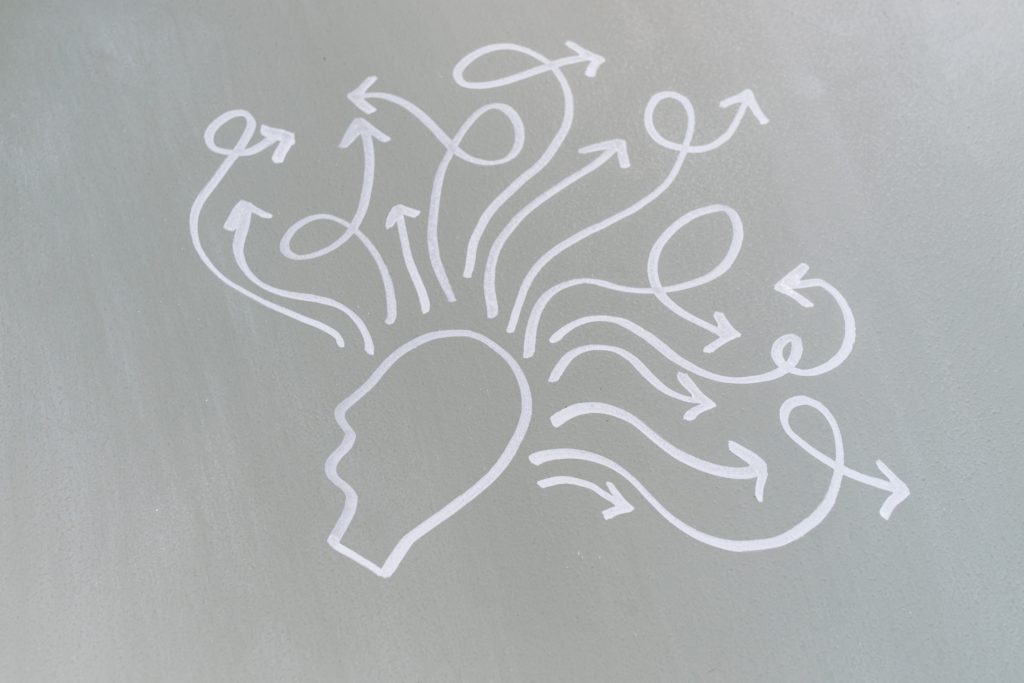Guide to your mental wellbeing. Mental health and or mental illness has been big in our society and I wanted to spend some time talking about it’s existence in just about all of our lives and the effect it has on everyone and everyone around us. Many athletes are beginning to open up about their struggles which I really appreciate.
It’s kind of taboo in our society and for whatever reason it takes someone of importance or someone in the spotlight to bring it to the forefront. Thus, everyday people struggle with some sort of mental short coming and it’s up to us to figure out how to press on with the day…with our lives. Also, we work, raise families and try our best to make relationships work and that takes a toll on our mental.
We just don’t have the time to fix ourselves and that is where or when the breakdown happens. Mindfulness and self care affirmations have been talked about more so as a result. Which is a good thing and has helped on so many levels.
Therapy is another form of self care that people are utilizing and also digging deeper into our spiritual self is becoming more mainstream.
Guide To Mental Wellbeing

I want to talk and share what mental health/illness is and what it looks like and also how to live with it.
Mental illness is common. About 1 in 5 adults has a mental illness in any given year. Mental illness can begin at any age, from childhood through later adult years, but most cases begin earlier in life.
The effects of mental illness can be temporary or long lasting. Also, untreated mental illness can cause severe emotional, behavioral and physical health problems.
Mental illnesses can affect persons of any age, race, religion, or income. Mental illnesses are not the result of personal weakness, lack of character or poor upbringing.
Conditions cannot be overcome through will power and are not related to a person’s character or intelligence, but they are treatable.
Symptoms Guide To Wellbeing

Signs and symptoms of mental illness can vary, depending on the disorder, circumstances and other factors. Likewise, mental illness symptoms can affect emotions, thoughts and behaviors.
Examples of signs and symptoms include: Guide To Mental Wellbeing
- Feeling sad or down
- Confused thinking or reduced ability to concentrate
- Excessive fears or worries, or extreme feelings of guilt
- Extreme mood changes of highs and lows
- Withdrawal from friends and activities
- Significant tiredness, low energy or problems sleeping
- Detachment from reality (delusions), paranoia or hallucinations
- Inability to cope with daily problems or stress
- Trouble understanding and relating to situations and to people
- Problems with alcohol or drug use
- Major changes in eating habits
- Sex drive changes
- Excessive anger, hostility or violence
- Suicidal thinking
Causes Mental Wellbeing

Mental illnesses, in general, are thought to be caused by a variety of genetic and environmental factors:
- Inherited traits. Mental illness is more common in people whose blood relatives also have a mental illness. Certain genes may increase your risk of developing a mental illness, and your life situation may trigger it.
- Environmental exposures before birth. Exposure to environmental stressors, inflammatory conditions, toxins, alcohol or drugs while in the womb can sometimes be linked to mental illness.
- Brain chemistry. Neurotransmitters are naturally occurring brain chemicals that carry signals to other parts of your brain and body. When the neural networks involving these chemicals are impaired, the function of nerve receptors and nerve systems change, leading to depression and other emotional disorders.
Risk factors Guide To Mental Wellbeing

Certain factors may increase your risk of developing a mental illness, including:
- A history of mental illness in a blood relative, such as a parent or sibling
- Stressful life situations, such as financial problems, a loved one’s death or a divorce
- An ongoing (chronic) medical condition, such as diabetes
- Brain damage as a result of a serious injury (traumatic brain injury), such as a violent blow to the head
- Traumatic experiences, such as military combat or assault
- Use of alcohol or recreational drugs
- A childhood history of abuse or neglect
- Few friends or few healthy relationships
- A previous mental illness
You also can have more than one mental health disorder at the same time. For example, you may have depression and a substance use disorder.
Complications

Mental illness is a leading cause of disability. Furthermore, untreated mental illness can cause severe emotional, behavioral and physical health problems. Complications sometimes linked to mental illness include:
- Unhappiness and decreased enjoyment of life
- Family conflicts
- Relationship difficulties
- Social isolation
- Problems with tobacco, alcohol and other drugs
- Missed work or school, or other problems related to work or school
- Legal and financial problems
- Poverty and homelessness
- Self-harm and harm to others, including suicide or homicide
- Weakened immune system, so your body has a hard time resisting infections
- Heart disease and other medical conditions
Prevention

There’s no sure way to prevent mental illness. However, if you have a mental illness, taking steps to control stress, to increase your resilience and to boost low self-esteem may help keep your symptoms under control. Follow these steps:
- Pay attention to warning signs. Work with your doctor or therapist to learn what might trigger your symptoms. Make a plan so that you know what to do if symptoms return. Contact your doctor or therapist if you notice any changes in symptoms or how you feel. Consider involving family members or friends to watch for warning signs.
- Get routine medical care. Don’t neglect checkups or skip visits to your primary care provider, especially if you aren’t feeling well. You may have a new health problem that needs to be treated, or you may be experiencing side effects of medication.
- Get help when you need it. Mental health conditions can be harder to treat if you wait until symptoms get bad. Long-term maintenance treatment also may help prevent a relapse of symptoms.
- Take good care of yourself. Sufficient sleep, healthy eating and regular physical activity are important. Try to maintain a regular schedule. Talk to your primary care provider if you have trouble sleeping or if you have questions about diet and physical activity. Also self care is important. Spend time for you, for yourself. We tend to put our wellbeing on the back burner and sometimes that can catch up to us. Deep breathing, meditation, yoga and physical exercise is a good starting point.
Final thoughts
There are things that you can do to help your mental wellbing. Understanding what mental illness is and how you can take control of it is a start. There isn’t a set process for where you should start, or what you should do, everyone is different. Also You may need to try different things until you find what works for you. Try to Pay more attention to the present moment. Improve your mental wellbeing. Take back control of your life.
Be Blessed…Stay Safe!
